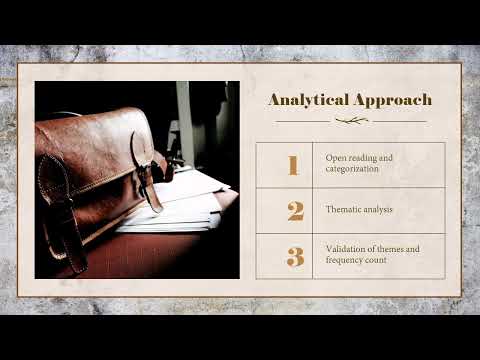 Speaker: David Hanauer @DHanauer
Speaker: David Hanauer @DHanauer
 Affiliation: Indiana University of Pennsylvania
Affiliation: Indiana University of Pennsylvania
Title: The Psychological Outcomes of Writing a Poetic Autoethnography
Abstract (long version below): This symposium explores the transformative potential of creative writing in fostering empathy, self-understanding, and social cognition. Diverse approaches will be presented, including: phenomenological perspectives on intersubjectivity and empathy; the emotional and psychological benefits of poetic autoethnography; and comparisons between the effects of literary reading and creative writing on empathy. The presentations investigate how literary writing practices can promote personal growth, deepen emotional clarity, and enable individuals to vividly simulate others’ perspectives. Together, these presentations aim to highlight creative writing’s power in bridging individual experiences, enhancing emotional insight, and fostering greater interpersonal understanding and connection.

 Long abstract
Long abstract
Poetic autoethnography is a multistage writing research process that uses poetry, reflection, narrative recontextualization and dyad discussion to investigate a writer’s own lived experiences (Hanauer, 2010; 2021). As an art-based, research method, poetic autoethnography aims to provide the writer enhanced self-understanding, insight and emotional clarity (Hanauer, 2021a). Prior research using quantitative designs has focused on some of the psycholinguistic writing mechanisms that underpin the potential for poetic writing to enhance insight and emotional clarity (Galbraith & Baaijen, 2018; Hanauer, 2021, 2022). This research has shown that freewriting involving the verbalization of sensory information of an experience increases cognitive insight and emotional clarity and the cognitively effortful reworking of images increases emotional clarity (Hanauer, 2022). But these quantitative studies utilize short time frames and a very partial poetic autoethnographic process which limits the investigation of a full project of this type. Self-reported evidence from published poetic autoethnographies suggests, the writer-researchers do benefit from conducting poetic autoethnographies (Elbelazi & Alharbi, 2020; Hanauer, 2021b; Iida, 2018; Liao, 2020). However, the evidence we have is sporadic and anecdotal. There is the need for a study which utilizes a different methodology to elicit information with which to evaluate the outcomes of the poetic autoethnographic process on the writer.
The current study addressed the question: What are the psychological and social outcomes of the completion of a full poetic autoethnography? 14 participants volunteered to participate in a 3 month long, web-based, self-study poetic autoethnography on a research question relating to their own experiences and then complete a survey. The survey addressed issues of self-awareness, personal growth, cognitive and emotional developments and reevaluations of their social and cultural identities. Results suggest the respondents have increased self-awareness and noted how the reflective nature of poetic autoethnography has helped them understand their emotions, behaviors, and identities more deeply. Some reported greater acceptance of oneself with insights into personal strengths and weaknesses and some healing in relation to past experiences. Other respondents specified identity transition in broader social context. Overall, the results suggest that conducting a poetic autoethnography has beneficial psychological outcomes for the research-writer.
References
Elbelazi, S. A., & Alharbi, L. (2020). The “exotic other”: A poetic autoethnography of two Muslim teachers in higher education. Qualitative Inquiry, 26(6), 661-666.
Galbraith, D., & Baaijen, V. M. (2018). The work of writing: Raiding the inarticulate. Educational Psychologist, 53(4), 238–257.
Hanauer, D. (2010). Poetry as Research: Exploring Second Language Poetry Writing. Amsterdam: John Benjamins.
Hanauer, D.I. (2021a). Poetic writing research: the history, methods, and outcomes of poetic (auto)
ethnography. In D. Kuiken and A. Jacobs (Eds. Handbook of Empirical Literary Studies pp.412-448. Berlin; Boston, MA: De Gruyter.
Hanauer, D. I. (2021b). Mourning writing: A poetic autoethnography on the passing of my father. Qualitative Inquiry, 27(1), 37-44.
Hanauer, D.I. (2022). The Writing Processes Underpinning Wellbeing: Insight and Emotional Clarity in Poetic Autoethnography and Freewriting. Front. Commun, 7, 923824
Iida, A. (2018). Living in darkness at the time of the great east Japan earthquake: A poetic-narrative
autoethnography. Qualitative Inquiry, 24(4), 270-280.
Liao, F. Y. (2020). When my professor tells me to write poetry in my second language: A poetic
autoethnography. In Autoethnographies in ELT (pp. 57-74). Routledge

